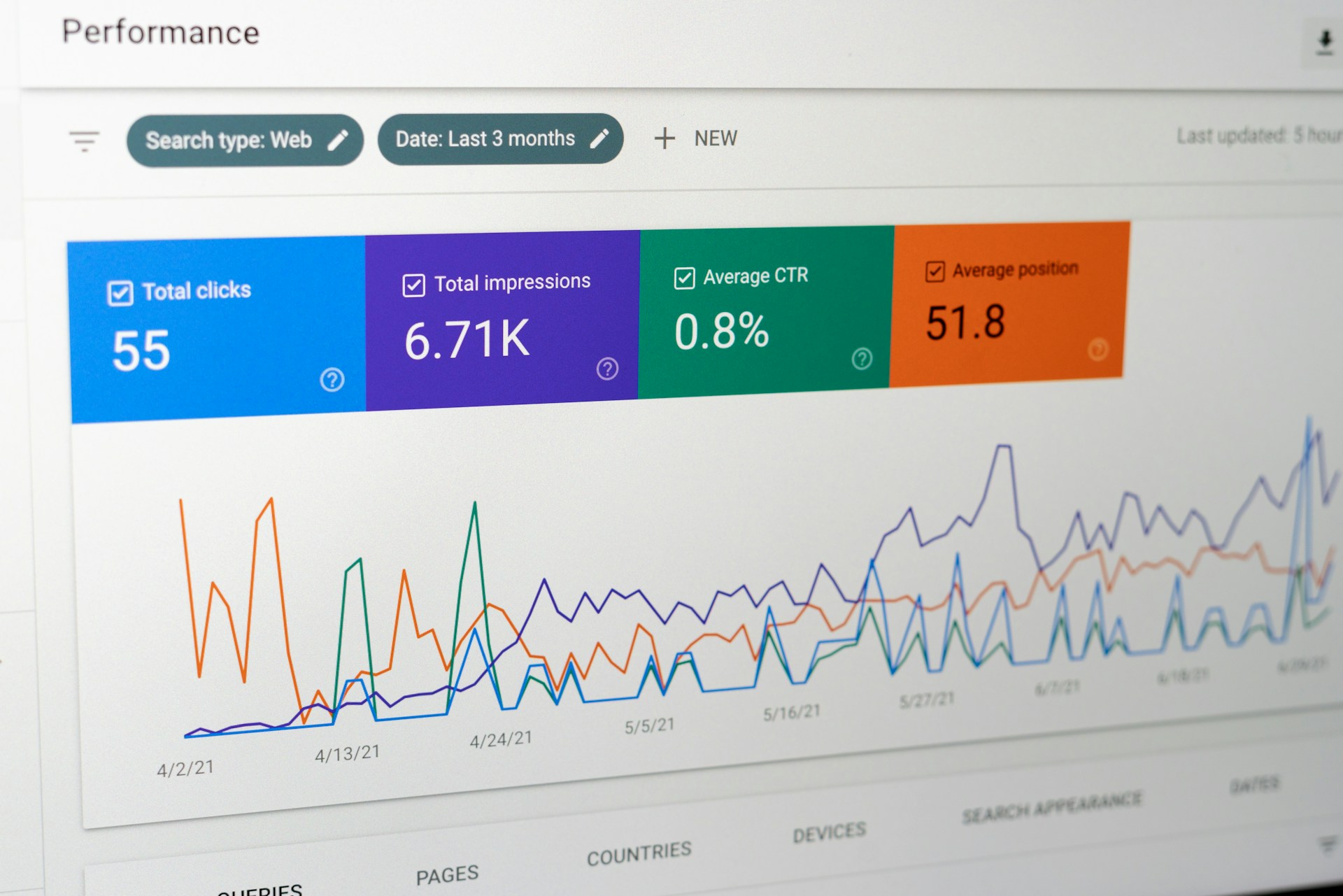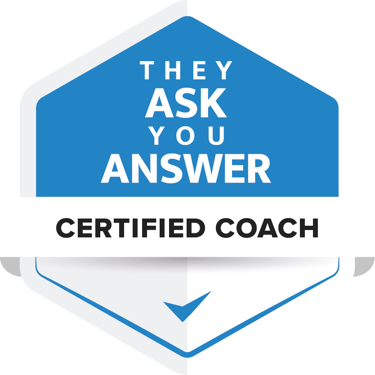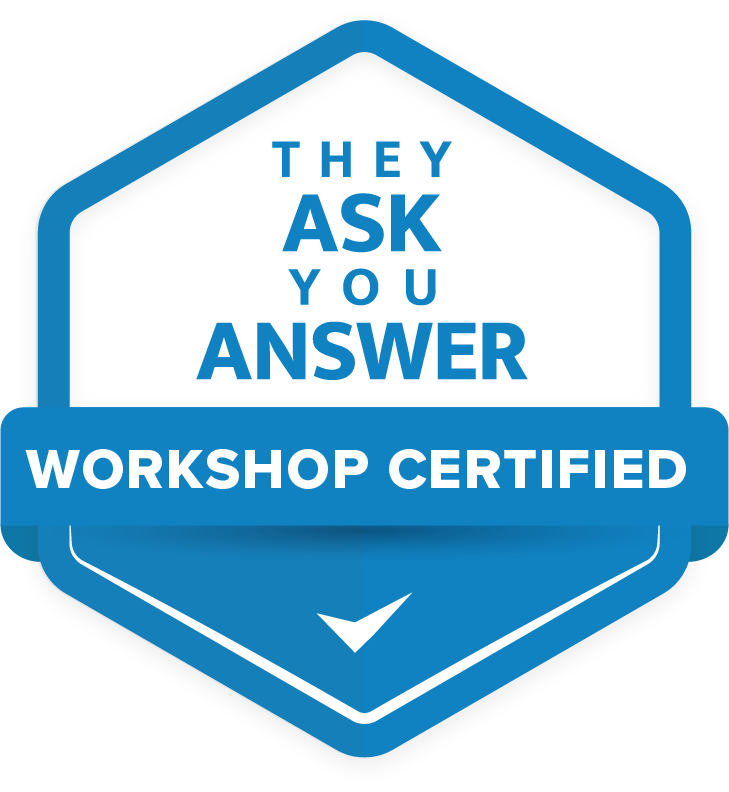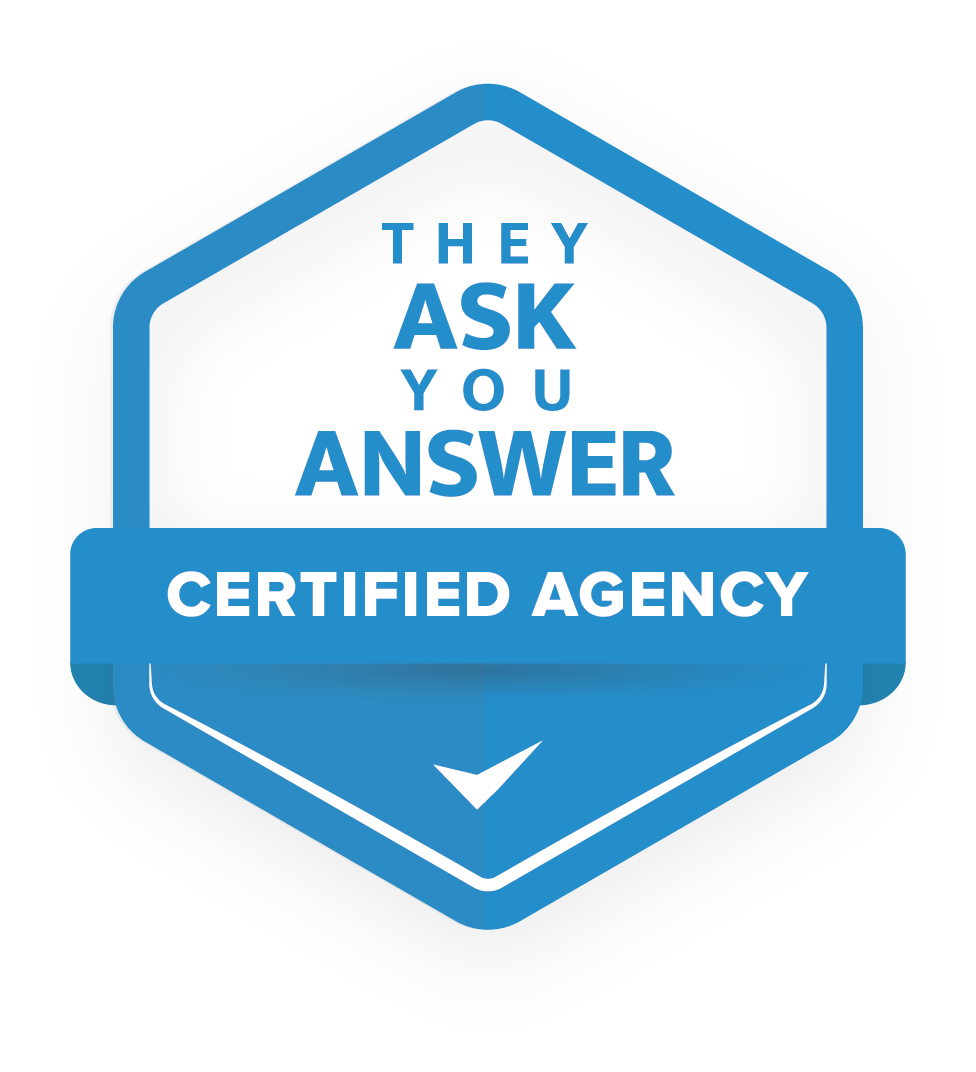What is the difference between They Ask, You Answer, inbound marketing and content marketing?

The trendy, English-language terms fly around your ears in marketing land: inbound marketing, content marketing, demand generation ... and then They Ask, You Answer comes to mind.
Not surprisingly, one wonders if They Ask, You Answer isn't just a new name for something that already exists.
Indeed, at Buzzlytics, we find in conversations with (potential) clients that they regularly think that inbound marketing, content marketing and They Ask, You Answer are pretty much the same thing.
"We already do that," they then say, with the result that they don't properly delve into They Ask, You Answer.
However, there are crucial differences between these frameworks and a good understanding of them is necessary if you want to become successful They Ask, You Answer.
Therefore, in this article we will discuss in detail the differences between inbound marketing, content marketing and They Ask, You Answer.
By the end of the article, you will know what makes They Ask, You Answer different from the other methods and that will help you get better results with this sales and marketing strategy.
What is inbound marketing?
To properly explain the differences between They Ask, You Answer, content marketing and inbound marketing, it is best to start with inbound marketing.
This term comes from HubSpot's stable, so first, let's see what definition HubSpot comes up with:
Inbound marketing is a methodology to attract loyal customers to your business by aligning with your target audience's needs. Creating tailored marketing experiences through valuable content is the core of an inbound marketing strategy that helps you drive customer engagement and growth.
HubSpot's approach consists of three phases:
- Attract: attract the right people with valuable content and conversations that position you as a trusted advisor
- Engage: offer insights and solutions that connect to the pain points of your ideal customers and thereby increase the likelihood that they will buy from you
- Delight: help your customers be successful with your product
So inbound marketing is all about building long-term, meaningful relationships with prospects and customers by helping them achieve their goals.
What is content marketing?
Then content marketing. This is a tactic within the broader inbound marketing strategy where you organically (i.e., not paid) grab the attention of your ideal buyers with valuable and relevant content.
This content can take different forms (from a social media post to a podcast or a comprehensive white paper) and be placed on different channels (your website, LinkedIn, YouTube, Spotify, and so on).
What is They Ask, You Answer?
Finally,They Ask, You Answer (TAYA), is a specific approach within inbound marketing.
It is a business philosophy that revolves around building trust with customers and prospects by answering their questions openly, transparently and completely on your website.
They Ask, You Answer is a business philosophy that revolves around building trust.
Importantly, even the questions that often feel a bit uncomfortable are not shunned.
These are:
- Price/Cost
- Problems with/disadvantages of the product
- The differences with competitors
- Reviews
- 'Best in class'
These topics are also called the Big 5 blog topics and they are the first topics you should get started with if you want to see results as quickly as possible They Ask, You Answer.
What are the differences between the three methods?
So at first glance, there seem to be quite a few similarities between the three frameworks.
Within all three methods:
- is centered on the customer and his needs
- Content is used to attract and retain customers
- The focus is on educating and informing the client
But if we zoom in, we also see clear differences.
Inbound marketing is a broad strategy that focuses on the entire customer journey, from attracting new to satisfying existing customers (think Attract, Engage and Delight phases). It encompasses several tactics, including social media, blogging, email marketing and SEO. Inbound marketing is primarily about being helpful.
Content marketing is a specific tactic within inbound marketing that focuses on creating and distributing valuable content. It is the engine that drives inbound marketing.
Content marketing is the engine that drives inbound marketing.
Finally, They Ask, You Answer, is an approach that takes customer questions as the starting point for content. The focus is on creating in-depth, detailed content that fully answers specific customer questions and therefore can replace a sales call. Within They Ask, You Answer, "being helpful" is also important, but being seen as the "most trusted advisor" is even more important.
You can think of inbound marketing as the overarching strategy and content marketing and They Ask, You Answer as a further elaboration of this.
Then aren't we making it too complicated and can't we just call They Ask, You Answer inbound?
No, because the differences are greater than they first appear.
Valuable content vs. sales-driven content
As mentioned, content marketing is all about organically attracting customers with valuable and relevant content. However, this content does not necessarily have to be product-related.
In fact, for many content marketers, writing about products your company sells is out of the question. Instead, they write about your customers' problems that are not related to your products and services and general trends and developments in your industry.
For many content marketers, writing about products your company sells is out of the question.
Very valuable, and this type of content certainly fits within an inbound strategy, but it is not content that positions you as the trusted advisor in your industry. So you won't bring in more leads, let alone sales, with it.
Within They Ask, You Answer the focus is on creating content that contributes to more sales. For that, you do need to talk about your products and services.
But instead of telling people how great your products are (as many companies do), set yourself up in your content as a teacher and advisor, rather than a salesperson.
If you want your content to generate sales, you need to talk about your products and services in your content.
This focus on sales-driven content also means that sales provides the topics for marketing to write about. These topics are based on questions sales gets from customers.
Moreover, the content is not only posted on the website and shared via social media, but actively used in the sales process, according to a process we call 'assignment selling'. This means that anyone who has scheduled a meeting with sales is first sent some 'homework' in the form of a video or a few blogs.
Prospects who have viewed or read this content are better informed and therefore proceed to purchase more often and more quickly than prospects who have not.
They Ask, You Answer is a business strategy
Furthermore, it is important to be aware that They Ask, You Answer is not a content marketing strategy.
So inbound marketing, content marketing and They Ask, You Answer together do not form a Russian doll, with inbound marketing being the biggest doll, content marketing the next biggest doll in there and They Ask, You Answer again the doll in there.

No, They Ask, You Answer is a business strategy. It takes a cultural shift for the radical transparency needed to become the most trusted advisor in your market. For that, management, sales and marketing must be on the same page.
Inbound marketing and content marketing can also be done only by the marketing department (or an agency or freelancer). They Ask, You Answer is not. Within They Ask, You Answer, sales and marketing must work together in a revenue team.
It takes a culture change within your company to become the most trusted advisor in your market.
They Ask, You Answer has a different definition of success
Finally, within They Ask, You Answer is measuring success in a different way.
Within inbound, much value is placed on page views, sessions, engagement on social media, keyword rankings and form submissions.
These certainly have their place within They Ask, You Answer, but one pitfall is that they can become "vanity metrics" that don't actually contribute to business results.
Within They Ask, You Answer the focus is on minimizing the time sales invest in bad matches and optimizing their time with good matches.
Close rates are thus more important metrics within They Ask, You Answer than page views and keyword rankings, as is monitoring the specific content a prospect viewed during their customer journey.
They Ask, You Answer helps you become the trusted advisor in your marketplace
In this article, we have detailed the similarities and differences between inbound marketing, content marketing and They Ask, You Answer.
The important thing to remember is this: all three methods focus on creating valuable content to attract customers and keep them engaged. But only They Ask, You Answer helps you position yourself as the trusted advisor in your market.
At Buzzlytics, we have helped many companies in various industries over the past few years with both inbound marketing and the successful implementation of They Ask, You Answer.
Are you curious whether this approach is also suitable for your company? Then read our article They Ask, You Answer or schedule a consultation with one of our consultants. We look forward to hearing about your challenges!
Related articles
October 31, 2024
-
Reading time: +/- 10 min









